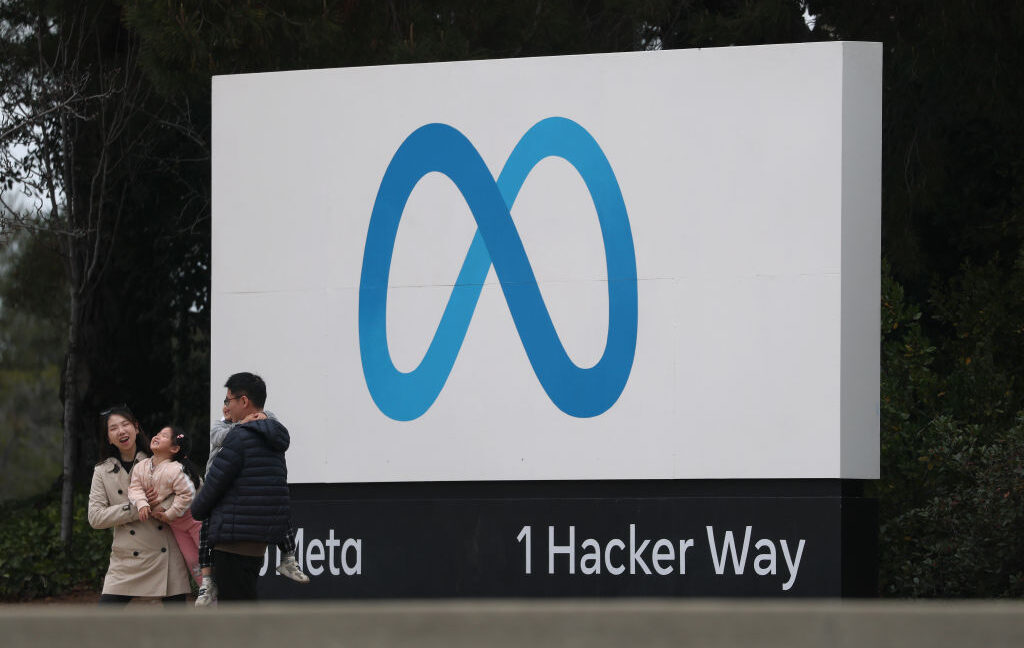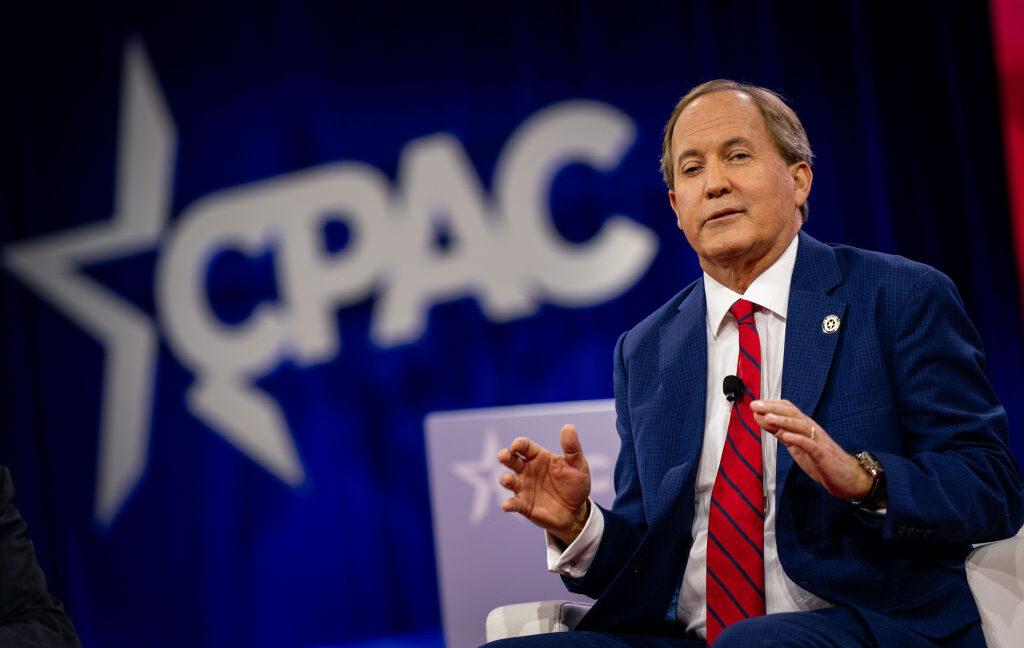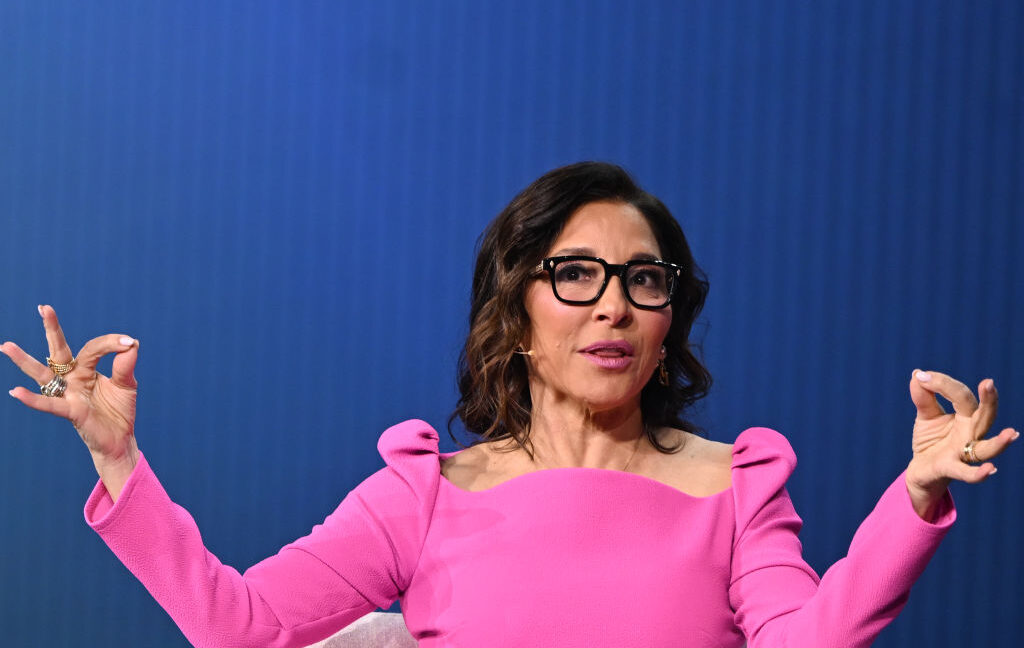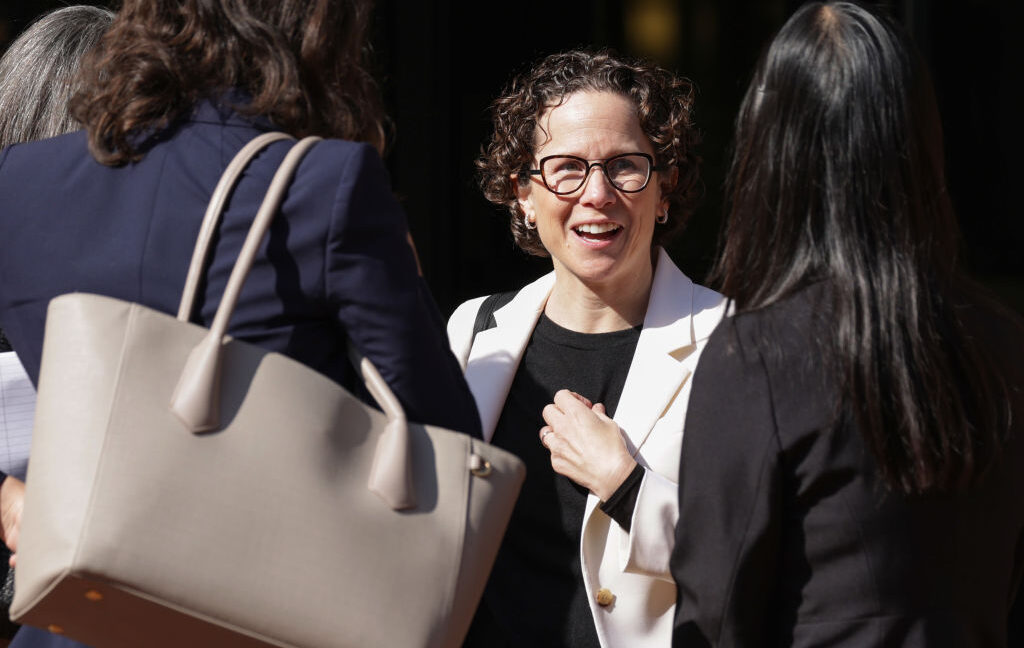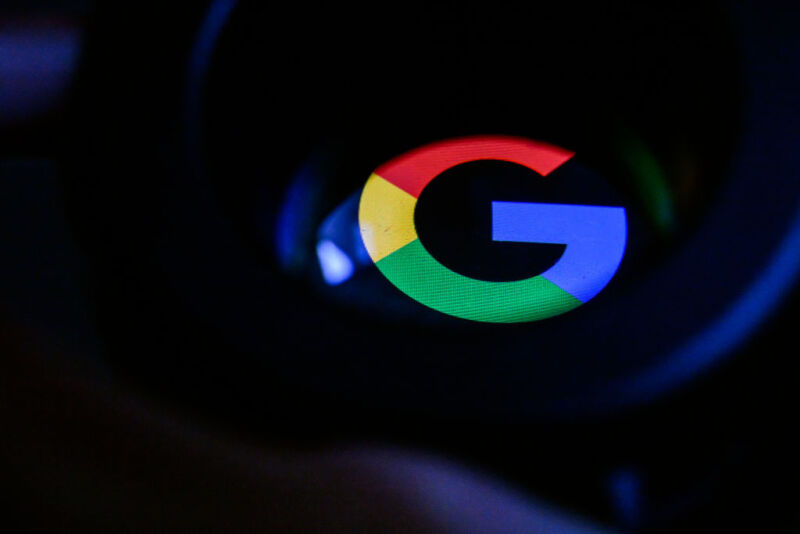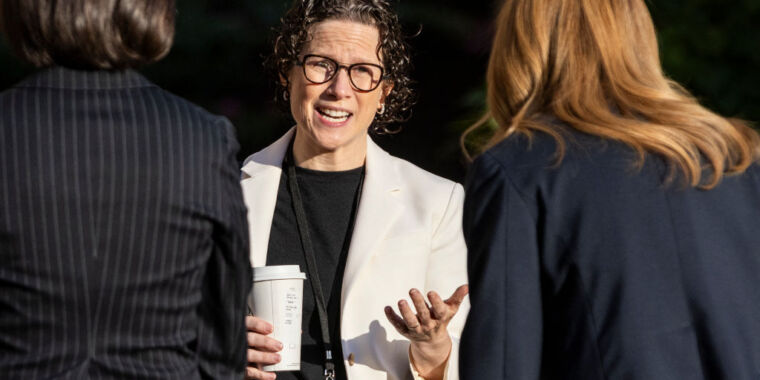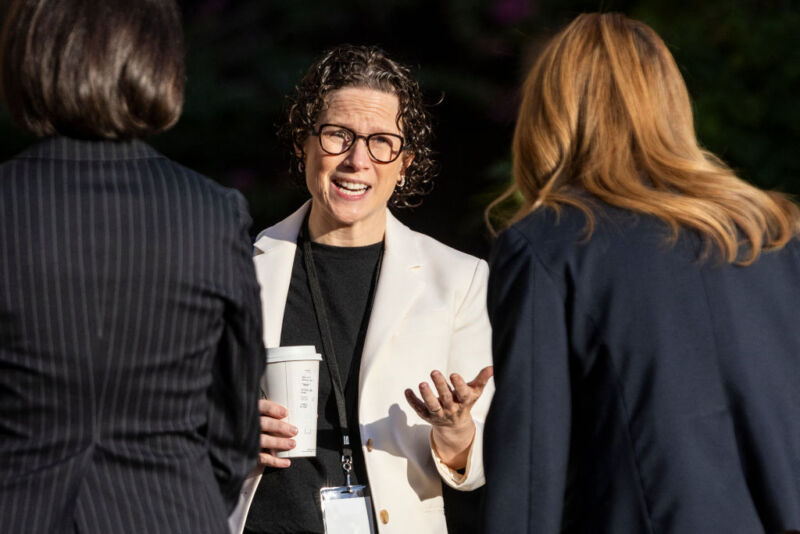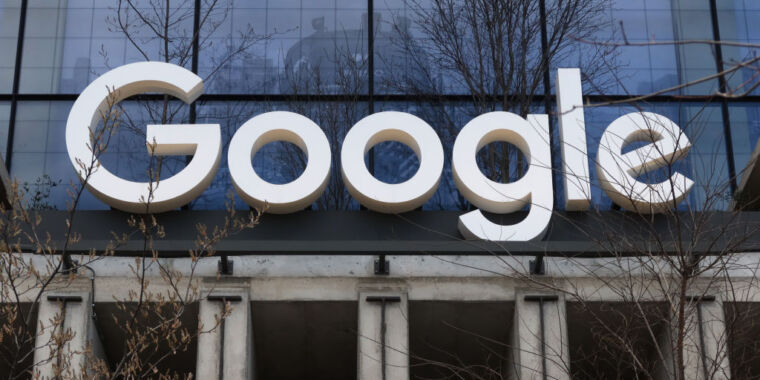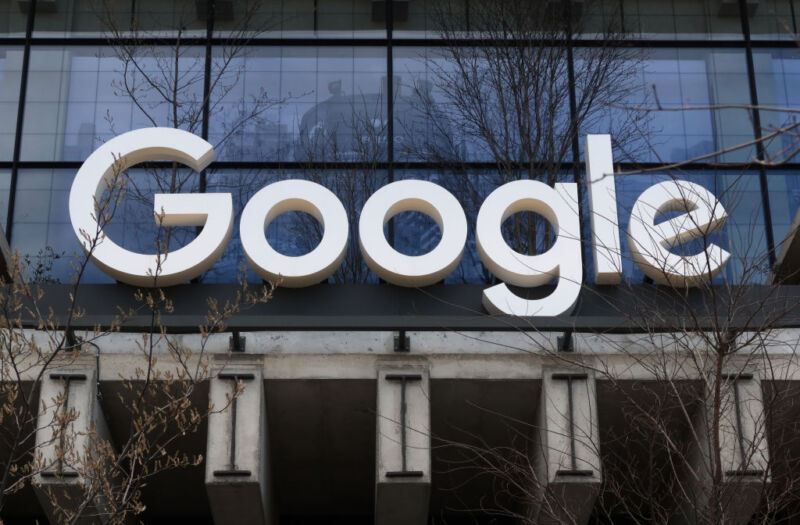Bombshell report exposes how Meta relied on scam ad profits to fund AI
“High risk” versus “high value”
Meta goosed its revenue by targeting users likely to click on scam ads, docs show.
Internal documents have revealed that Meta has projected it earns billions from ignoring scam ads that its platforms then targeted to users most likely to click on them.
In a lengthy report, Reuters exposed five years of Meta practices and failures that allowed scammers to take advantage of users of Facebook, Instagram, and WhatsApp.
Documents showed that internally, Meta was hesitant to abruptly remove accounts, even those considered some of the “scammiest scammers,” out of concern that a drop in revenue could diminish resources needed for artificial intelligence growth.
Instead of promptly removing bad actors, Meta allowed “high value accounts” to “accrue more than 500 strikes without Meta shutting them down,” Reuters reported. The more strikes a bad actor accrued, the more Meta could charge to run ads, as Meta’s documents showed the company “penalized” scammers by charging higher ad rates. Meanwhile, Meta acknowledged in documents that its systems helped scammers target users most likely to click on their ads.
“Users who click on scam ads are likely to see more of them because of Meta’s ad-personalization system, which tries to deliver ads based on a user’s interests,” Reuters reported.
Internally, Meta estimates that users across its apps in total encounter 15 billion “high risk” scam ads a day. That’s on top of 22 billion organic scam attempts that Meta users are exposed to daily, a 2024 document showed. Last year, the company projected that about $16 billion, which represents about 10 percent of its revenue, would come from scam ads.
“High risk” scam ads strive to sell users on fake products or investment schemes, Reuters noted. Some common scams in this category that mislead users include selling banned medical products, or promoting sketchy entities, like linking to illegal online casinos. However, Meta is most concerned about “imposter” ads, which impersonate celebrities or big brands that Meta fears may halt advertising or engagement on its apps if such scams aren’t quickly stopped.
“Hey it’s me,” one scam advertisement using Elon Musk’s photo read. “I have a gift for you text me.” Another using Donald Trump’s photo claimed the US president was offering $710 to every American as “tariff relief.” Perhaps most depressingly, a third posed as a real law firm, offering advice on how to avoid falling victim to online scams.
Meta removed these particular ads after Reuters flagged them, but in 2024, Meta earned about $7 billion from “high risk” ads like these alone, Reuters reported.
Sandeep Abraham, a former Meta safety investigator who now runs consultancy firm Risky Business Solutions as a fraud examiner, told Reuters that regulators should intervene.
“If regulators wouldn’t tolerate banks profiting from fraud, they shouldn’t tolerate it in tech,” Abraham said.
Meta won’t disclose how much it made off scam ads
Meta spokesperson Andy Stone told Reuters that its collection of documents—which were created between 2021 and 2025 by Meta’s finance, lobbying, engineering, and safety divisions—“present a selective view that distorts Meta’s approach to fraud and scams.”
Stone claimed that Meta’s estimate that it would earn 10 percent of its 2024 revenue from scam ads was “rough and overly-inclusive.” He suggested the actual amount Meta earned was much lower but declined to specify the true amount. He also said that Meta’s most recent investor disclosures note that scam ads “adversely affect” Meta’s revenue.
“We aggressively fight fraud and scams because people on our platforms don’t want this content, legitimate advertisers don’t want it, and we don’t want it either,” Stone said.
Despite those efforts, this spring, Meta’s safety team “estimated that the company’s platforms were involved in a third of all successful scams in the US,” Reuters reported. In other internal documents around the same time, Meta staff concluded that “it is easier to advertise scams on Meta platforms than Google,” acknowledging that Meta’s rivals were better at “weeding out fraud.”
As Meta tells it, though seemingly dismal, these documents came amid vast improvements in its fraud protections. Stone told Reuters that “over the past 18 months, we have reduced user reports of scam ads globally by 58 percent and, so far in 2025, we’ve removed more than 134 million pieces of scam ad content,” Stone said.
According to Reuters, the problem may be the pace Meta sets in combating scammers. In 2023, Meta laid off “everyone who worked on the team handling advertiser concerns about brand-rights issues,” then ordered safety staffers to limit use of computing resources to devote more resources to virtual reality and AI. A 2024 document showed Meta recommended a “moderate” approach to enforcement, plotting to reduce revenue “attributable to scams, illegal gambling and prohibited goods” by 1–3 percentage points each year since 2024, supposedly slashing it in half by 2027. More recently, a 2025 document showed Meta continues to weigh how “abrupt reductions of scam advertising revenue could affect its business projections.”
Eventually, Meta “substantially expanded” its teams that track scam ads, Stone told Reuters. But Meta also took steps to ensure they didn’t take too hard a hit while needing vast resources—$72 billion—to invest in AI, Reuters reported.
For example, in February, Meta told “the team responsible for vetting questionable advertisers” that they weren’t “allowed to take actions that could cost Meta more than 0.15 percent of the company’s total revenue,” Reuters reported. That’s any scam account worth about $135 million, Reuters noted. Stone pushed back, saying that the team was never given “a hard limit” on what the manager described as “specific revenue guardrails.”
“Let’s be cautious,” the team’s manager wrote, warning that Meta didn’t want to lose revenue by blocking “benign” ads mistakenly swept up in enforcement.
Meta should donate scam ad profits, ex-exec says
Documents showed that Meta prioritized taking action when it risked regulatory fines, although revenue from scam ads was worth roughly three times the highest fines it could face. Possibly, Meta most feared that officials would require disgorgement of ill-gotten gains, rather than fines.
Meta appeared to be less likely to ramp up enforcement from police requests. Documents showed that police in Singapore flagged “146 examples of scams targeting that country’s users last fall,” Reuters reported. Only 23 percent violated Meta’s policies, while the rest only “violate the spirit of the policy, but not the letter,” a Meta presentation said.
Scams that Meta failed to flag offered promotions like crypto scams, fake concert tickets, or deals “too good to be true,” like 80 percent off a desirable item from a high-fashion brand. Meta also looked past fake job ads that claimed to be hiring for Big Tech companies.
Rob Leathern previously led Meta’s business integrity unit that worked to prevent scam ads but left in 2020. He told Wired that it’s hard to “know how bad it’s gotten or what the current state is” since Meta and other social media platforms don’t provide outside researchers access to large random samples of ads.
With such access, researchers like Leathern and Rob Goldman, Meta’s former vice president of ads, could provide “scorecards” showing how well different platforms work to combat scams. Together, Leathern and Goldman launched a nonprofit called CollectiveMetrics.org in hopes of “bringing more transparency to digital advertising in order to fight deceptive ads,” Wired reported.
“I want there to be more transparency. I want third parties, researchers, academics, nonprofits, whoever, to be able to actually assess how good of a job these platforms are doing at stopping scams and fraud,” Leathern told Wired. “We’d like to move to actual measurement of the problem and help foster an understanding.”
Another meaningful step that Leathern thinks companies like Meta should take to protect users would be to notify users when Meta discovers that they clicked on a scam ad—rather than targeting them with more scam ads, as Reuters suggested was Meta’s practice.
“These scammers aren’t getting people’s money on day one, typically. So there’s a window to take action,” he said, recommending that platforms donate ill-gotten gains from running scam ads to “fund nonprofits to educate people about how to recognize these kinds of scams or problems.”
“There’s lots that could be done with funds that come from these bad guys,” Leathern said.
Bombshell report exposes how Meta relied on scam ad profits to fund AI Read More »
